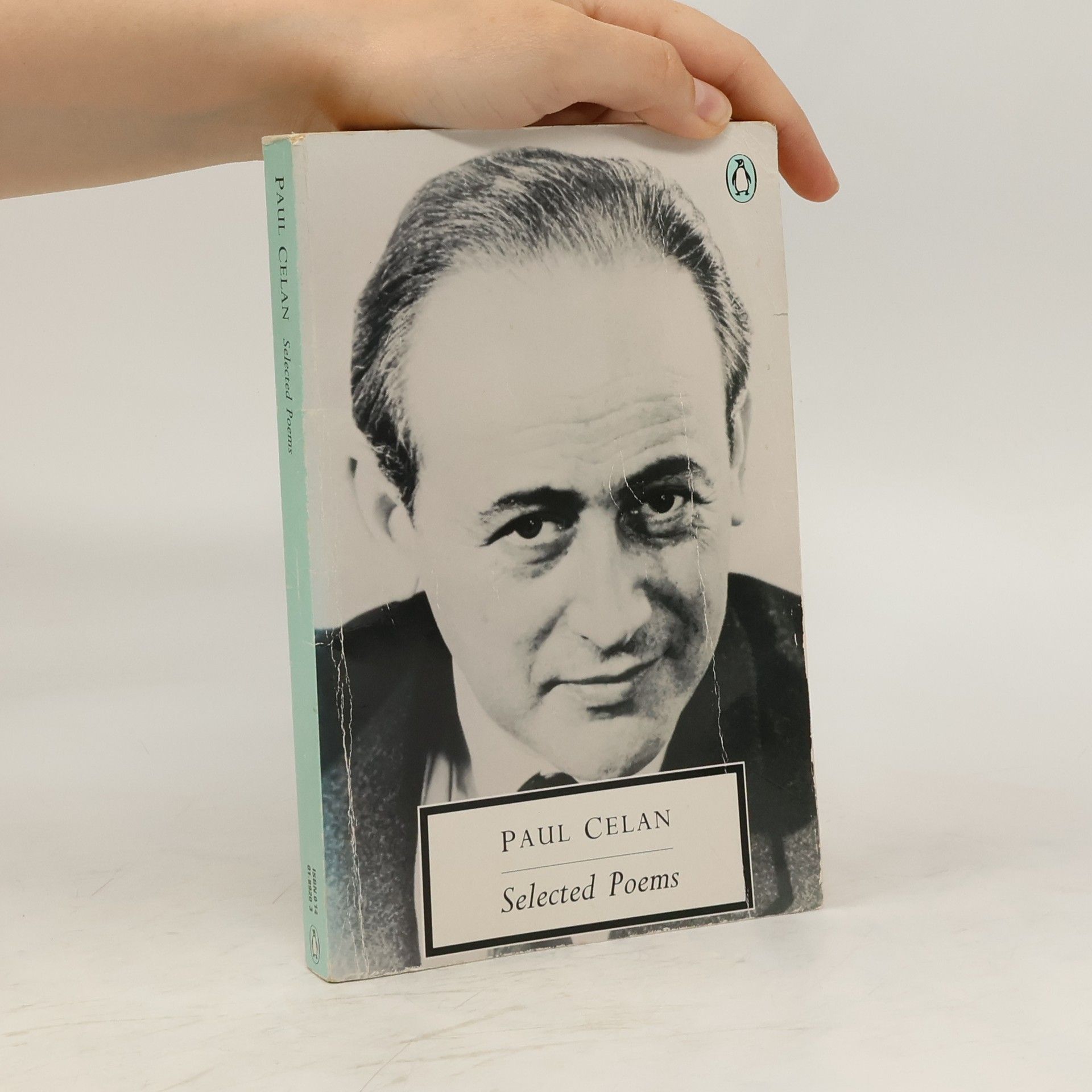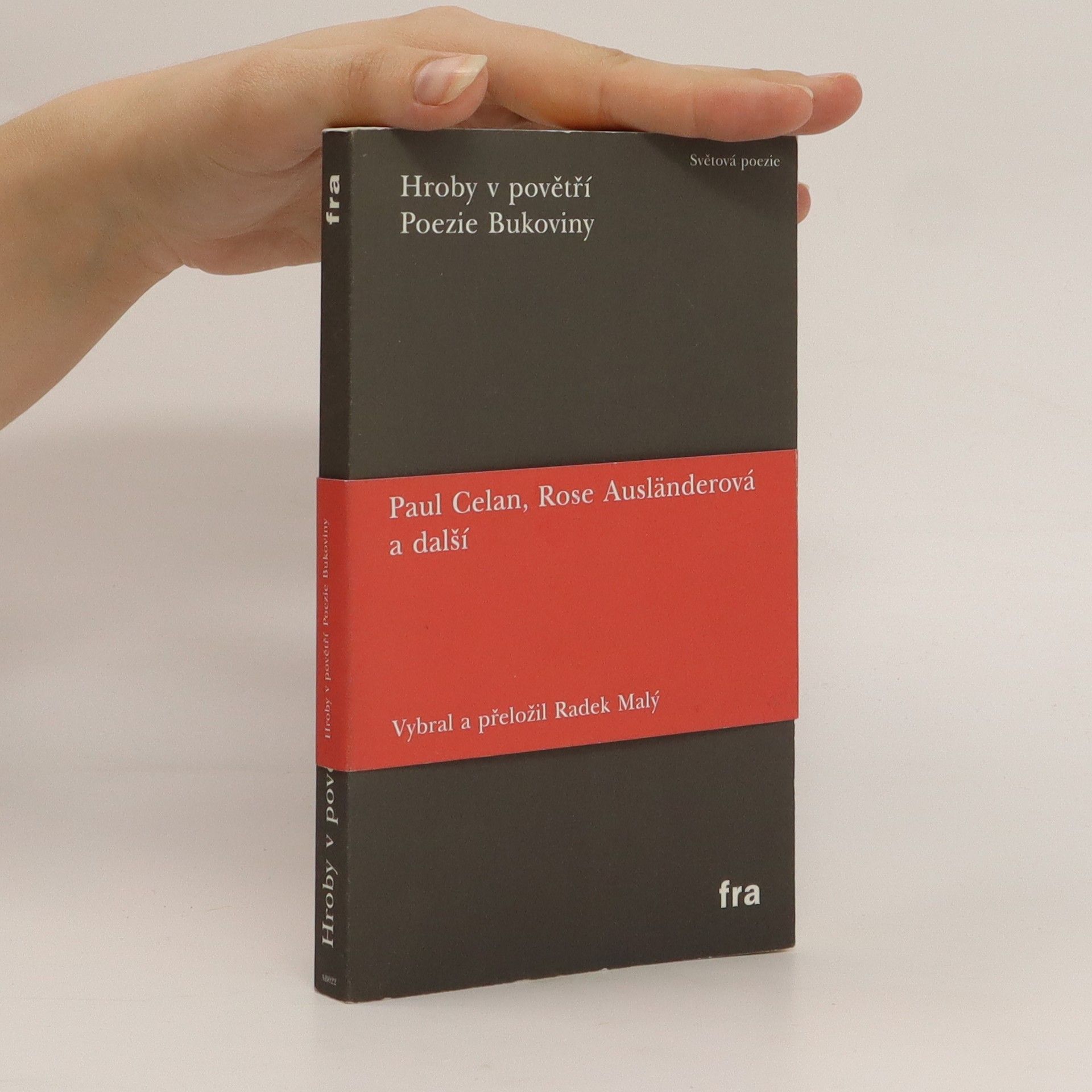Paul Celan Libros
Este autor, influenciado por el surrealismo y el simbolismo franceses, es reconocido como poeta, traductor y ensayista. Escribiendo en alemán, sus obras a menudo abordan temas profundos y tragedias personales, reflejando sus experiencias con el Holocausto y la pérdida familiar. Su estilo distintivo se caracteriza por una profunda metáfora y un lirismo urgente, creando una fuerte resonancia para los lectores a pesar de su complejidad. Sus escritos se han convertido en un símbolo de resistencia y memoria literaria.







Memory Rose Into Threshold Speech: The Collected Earlier Poetry: A Bilingual Edition
- 608 páginas
- 22 horas de lectura
Memory Rose into Threshold Speech gathers the first four books of the celebrated poet Paul Celan’s oeuvre, written between 1952 and 1963, which established his reputation as perhaps the greatest major post-World War II German–language poet. Translated by the prize-winning translator Pierre Joris, this bilingual edition follows the 2014 publication of Breathturn into Timestead, Celan’s collected later poetry. Finally, Celan’s readers are able to read his work in full, with a new introduction and expert commentary from Joris. Celan, a Romanian Jew who lived through the Holocaust, displays his sharp ability to pinpoint totalitarian cultural and political tendencies. The work, however, is not only reflective: there is in Celan a profound need and desire to create a new, inhabitable world and a new language for it. In Memory Rose into Threshold Speech, Celan’s reader witnesses his poems, which start lush with surrealistic imagery and become pared down, with the syntax growing tighter and his trademark neologisms and word-creations increasing. The four volumes in this edition show the flowering of one of the major literary figures of the last century. This volume includes: Sprachgitter, Die Niemandsrose, Mohn und Gedachtnis, and Von schwelle zu Schwelle.
Selected Poems and Prose of Paul Celan
- 416 páginas
- 15 horas de lectura
The most wide-ranging volume of the work of Europe's leading postwar poet, including previously unpublished writings. schovat popis
Breathturn into Timestead
- 740 páginas
- 26 horas de lectura
Winning the 2015 National Translation Award in Poetry, this collection showcases the beauty and intricacies of translated verse. It highlights the skillful rendering of original works into English, emphasizing the cultural nuances and emotional depth of the poems. The award recognizes not only the translator's artistry but also the significance of bringing diverse voices to a broader audience, enriching the literary landscape. This collection is a testament to the power of language and the universal themes that connect us all.
Selected Poems
- 368 páginas
- 13 horas de lectura
Presents poetry drawn from the author's experiences, particularly of the war years and the loss of his parents in the death camps.
Features the letters between Nelly Sachs (1891-1970), recipient of the 1966 Nobel Prize for Literature, and the great German-speaking poet Paul Celan (1920-1970).
Includes the uncollected longer poem Wolf's Bean, several additional short poems, and the essay On Translating Celan in which the author discusses the challenges faced over many years in his engagement with Celan's poetry.
Letters to Gisèle
- 544 páginas
- 20 horas de lectura
The collection features letters from Paul Celan, a renowned twentieth-century poet, to his artist wife, Gisáele Lestrange, offering a profound glimpse into his creative process and personal struggles during the early 1950s. These intimate correspondences reveal Celan's complex personality, his battles with mental health, and the dynamics of his marriage. Alongside translations of his poems, the letters illuminate his literary career and familial relationships. The volume is enriched with photographs and a chronology, providing context to Celan's influential life and work.
Hroby v povětří: Poezie Bukoviny
- 200 páginas
- 7 horas de lectura
Antologie představuje poprvé v ucelené knižní podobě německy psanou poezii z Bukoviny. Tento východoevropský region s hlavním městem Černovicemi se ve dvacátém století stal svědkem řady dramatických dějinných zvratů. Ty stojí za intenzitou básnické tvorby zdejších německy píšících autorů a autorek vesměs židovského původu, z nichž do světové literatury pronikla jména Rose Ausländerové a Paula Celana. Kniha dokumentuje počátky, vzmach i zánik jedinečné kulturní symbiózy, která na tomto území vznikla.
